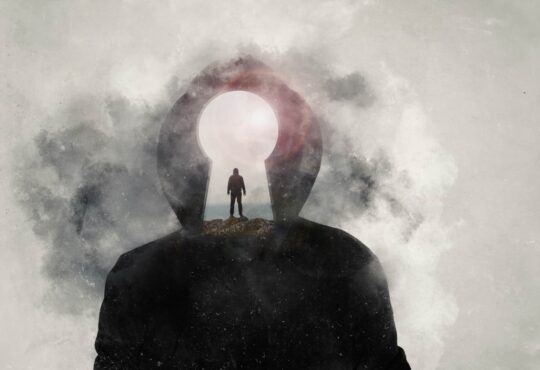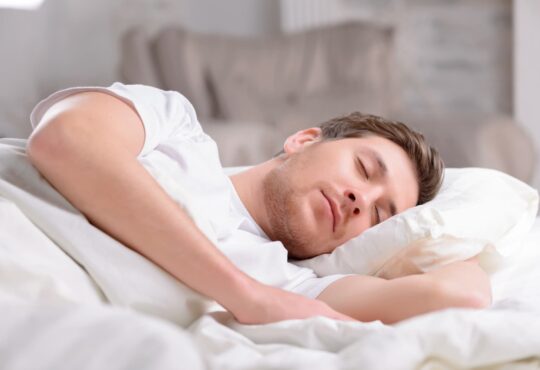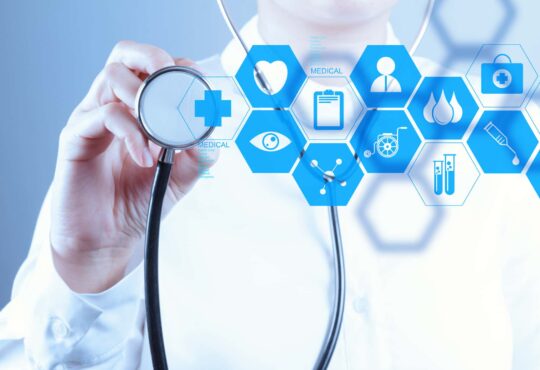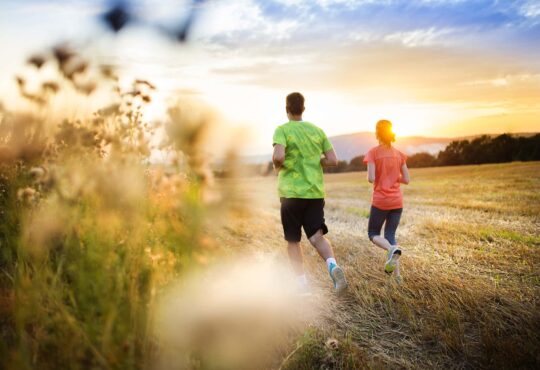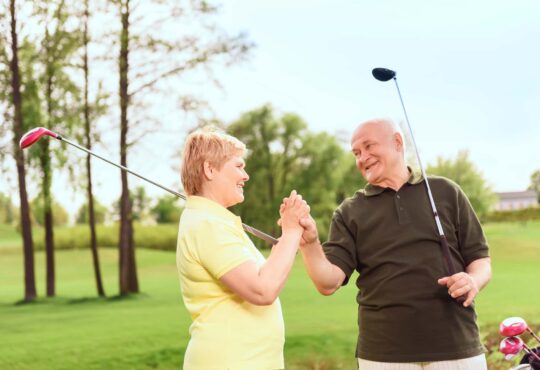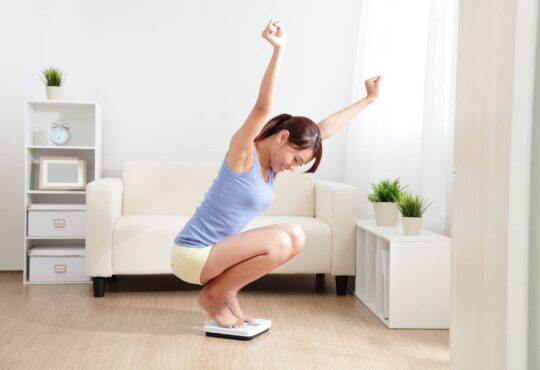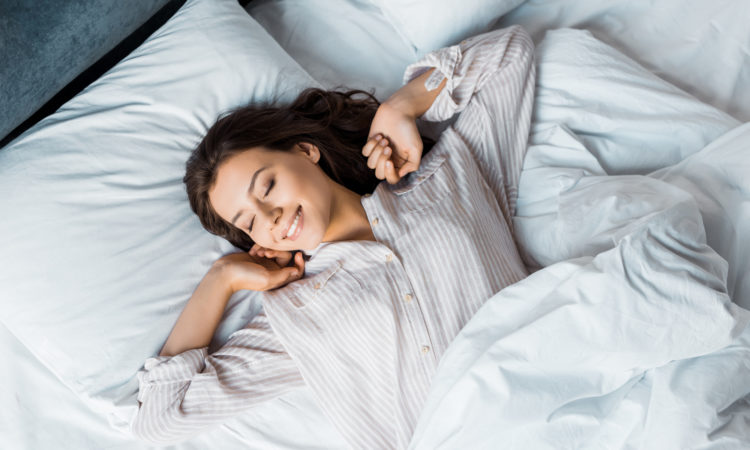
If you’re struggling with poor sleep, you need to reset your internal biological clock.
That’s not a metaphor.
Science now knows most or all creatures live in accord with the daily cycle of light and dark caused by Earth rotating as it orbits the sun, as it’s been doing every 24 hours since before life began.
Our bodies live according to our Circadian rhythms. That affects us in many ways. Sleep and wakefulness are obvious, but others are not.
The time of day or night affects hormone levels, digestion, perception of pain, your immune system, your blood sugar, and much more. The time of day you take a prescription drug can greatly alter its effectiveness.
We all have a circadian “clock” in our brains. So do all the animals we know of.
However, humanity has been gradually detaching itself from the Circadian rhythm for many years. There’s plenty of evidence that is one factor contributing to chronic diseases, as well as to emotional disorders.
The good news is, resetting your Circadian rhythm not only helps you sleep much better, it improves your mood, focus, and energy during the day.
Guess what? You’re supposed to wake up full of energy and focus to meet the day’s challenges – without drinking caffeine. And you’re supposed to feel that drive throughout the day . . . until it’s time to fall asleep.
(Caffeine drinks aren’t evil, just expensive and unnecessary unless you’re trying to force yourself to stay awake past your normal sleep cycle, which is unhealthy in the long run – even though it’s normal and expected in many work environments. Caffeine works by binding to the adenosine receptors in your body. Adenosine is a chemical that builds up while you’re awake. When it reaches a certain level, you feel sleepy. But you can’t feel sleepy when caffeine is using up all the receptors. People do vary in how well they tolerate caffeine. If you don’t tolerate it, don’t drink it in the afternoon – or at all.)
The Most Powerful Governor of Our Circadian Clocks
It’s light – especially sunlight.
And that makes sense.
So it’s no accident we tend to wake up around dawn – a few hours later for some of us. But, except for travelers and shift workers, when the sun rises, so do we.
If you’ve had a good night’s sleep, you’re low in adenosine, so you feel wide awake. That’s augmented by increases in the hormones cortisol and epinephrine (adrenaline), which stimulate your body. Your heart rate increases and your muscles tense, to prepare for movement.
Because that surge in cortisol stimulates you, it’s important it comes early in the day.
Stress does cause surges in cortisol and adrenaline at any time of the day, and that does stimulate you – but not in accord with your Circadian clock, which is why that’s stressful to your body.
But the morning surge is natural and healthy.
And that morning surge of stimulating hormones helps signal your Circadian brain to trigger the pineal gland to release the hormone melatonin around 12-14 hours later. That’s because melatonin makes us sleepy. So a release of melatonin helps us go to sleep at night.
Of course, many people fight that, and it’s why they don’t sleep easily or deeply enough. You want to sleep only when you get bored with Facebook or Netflix, not when your body is ready for a long rest. That common attitude contributes to poor sleep quality.
When You Wake Up
You open your eyes, right?
Therefore, retinal ganglion cells – which are brain neurons – detect light.
The presence of light gets communicated to your suprachiasmatic nucleus above the roof of your mouth. That’s a biological clock connected to every cell and organ in your body.
That’s how you balance the alternating rhythm of cortisol and melatonin.
The optimal light to anchor our Circadian rhythm is sunlight.
Amazingly, these retinal ganglion cells also detect the angle of the sunlight. Early in the morning, they expect sunlight to be coming in from just above the horizon.
That’s optimal.
Try to maximize your exposure to sunlight in the first two hours after you wake up.
And that’s direct sunlight when you’re outside – even if there’s cloud cover.
If You Can’t Do That
Artificial light is not optimal, but better than darkness, and necessary if you rise before the sun.
Sunshine through a window or car windshield is better than nothing but 50X less effective than when your eyes are outside.
If possible, do try to get outside for at least ten minutes – NO sunglasses.
Without this early morning light, the surge in cortisol comes late, and this is associated with emotional disorders such as anxiety and depression.
Eating and exercise within the first two hours also wake up your cortisol surge, though the light is primary.
The Light of Sunset Anchors Your Circadian Clock for the Evening
That’s when we want to start feeling drowsy, so we go to bed and quickly fall asleep.
Viewing sunlight at a low angle while it’s setting, signals our bodies we’ll soon be wanting melatonin.
Again, get outside for two to ten minutes without wearing sunglasses.
Do this morning and evening every day, and within 2-3 days, you’ll find yourself sleeping easier and longer.
What About Supplementing With Melatonin?
It has other functions in the body, influencing other hormones, so you’re risking undesirable downstream effects.
Also, melatonin doesn’t help you stay asleep. Many users wake up three to five hours later, and can’t fall back asleep.
Therefore, I suggest staying away from it unless directed by your doctor.
Stick with your natural melatonin. Trust your pineal gland.
Also: Do NOT stare directly into or at sources of bright light, especially the sun.
https://www.youtube.com/watch?v=Xu1FMCxoEFc&t=756s
https://www.youtube.com/watch?v=gbQFSMayJxk
https://www.youtube.com/watch?v=nm1TxQj9IsQ&t=3s
https://www.youtube.com/watch?v=nwSkFq4tyC0&t=981s
https://www.youtube.com/watch?v=NAATB55oxeQ
https://www.youtube.com/watch?v=bEbtf7uS6P8&t=7918s
https://www.amazon.com/Why-We-Sleep-Matthew-Walker-audiobook/dp/B0752XRB5F/


